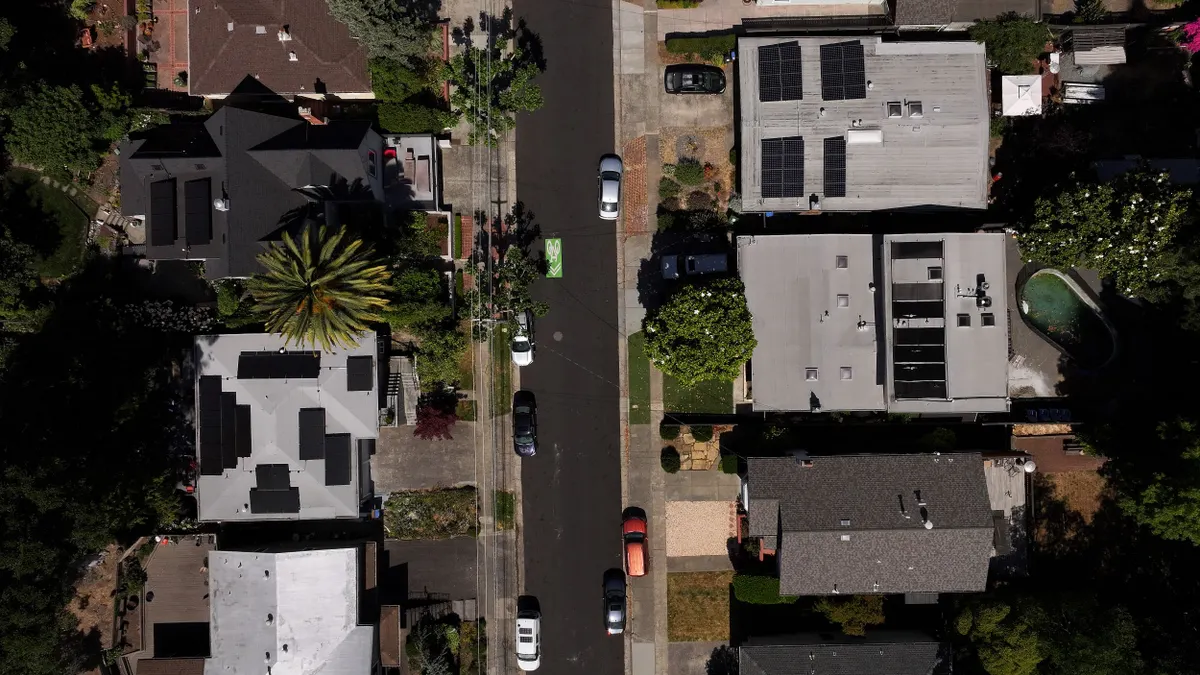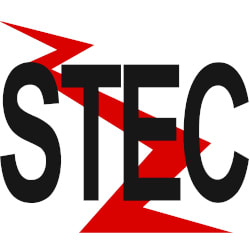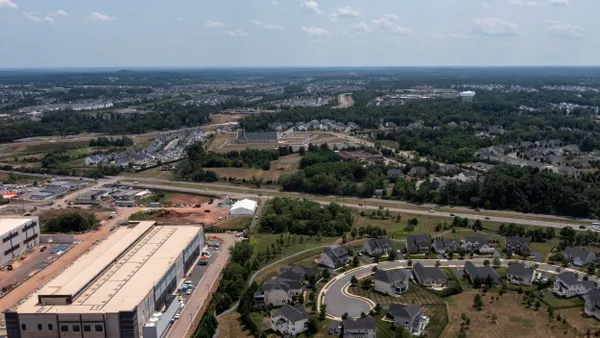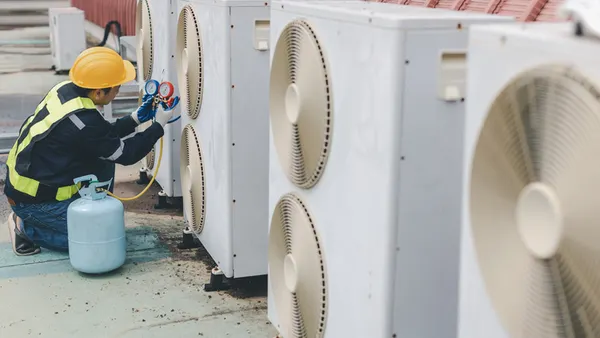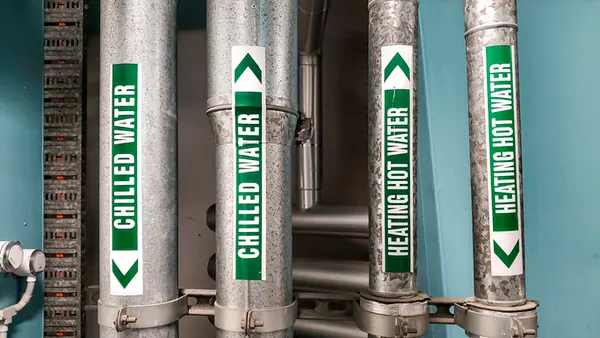Dive Brief:
- The Arizona Corporation Commission (ACC) on Wednesday approved a comprehensive Transportation Electrification Plan requiring regulated utilities to file electric vehicle (EV) proposals every three years and to report each year on their progress helping customers switch from internal combustion engine vehicles.
- The plan includes a "moderate" EV adoption scenario, which anticipates 1,076,000 EVs on Arizona roads by 2030. The plan also identified some barriers to higher EV adoption, including insufficient charging infrastructure and a lack of access in underserved communities, grid planning and capacity needs, and the need for effective rate design.
- Utilities will need to file their first plans by June. "We're certainly hoping for something that's ambitious, that can kind of get Arizona caught up with its regional peers," said Aaron Kressig, Western Resource Advocates’ transportation electrification manager.
Dive Insight:
Arizona has trailed nearby states on EV infrastructure investment, so the state's new transportation plan is "a big win," said Kressig.
Investor-owned utilities Arizona Public Service (APS) and Tucson Electric Power (TEP) have run some limited EV programs but "certainly not comparable to the scale that we're seeing in their peer utilities in Colorado, Nevada, Utah and New Mexico," Kressig said. Clear direction from the ACC will change that, he said.
"It's going to allow for significant investment," he said. "And the plans are due by June 1. So it's going to happen pretty quickly."
The transportation strategy approved by regulators recommends that utilities assist communities in identifying the best charging station locations, develop incentive programs for vehicles and charging infrastructure, and propose new rates for vehicle charging.
Arizona IOUs say they support the transportation plan and are eager to propose programs.
"The deadline provides us with sufficient time to develop plans and programs to supplement or expand previously-approved EV programs and move our overall EV strategy forward," TEP said in a statement.
The plan anticipates about 95,000 EVs in TEP's service territory by 2030. "Regulatory support is critical," the utility said.
APS expects 450,000 vehicles charging in its territory in that same timeframe, and said its investments "will improve our state’s air quality, generate economic development in local areas, create access to EVs and charging equipment in underserved communities and find solutions for electric vehicle charging to integrate onto APS’s smart grid."
"We know transportation electrification will drive a cleaner environment," Judson Tillinghast, a leader in APS' customer technology division, said in an email.
Consumer advocates say the shift from gas-powered vehicles will also drive down electricity rates and deliver approximately $12 billion in savings to ratepayers by 2040.
"All Arizonans stand to benefit from this plan, even those who don’t drive electric," Ellen Zuckerman, utility program co-director for the Southwest Energy Efficiency Project, said in a statement. "With more electric cars on our roads, we can lower utility rates, improve air quality, and boost public health outcomes. This decision sends a strong signal that Arizona is serious about transportation electrification."






